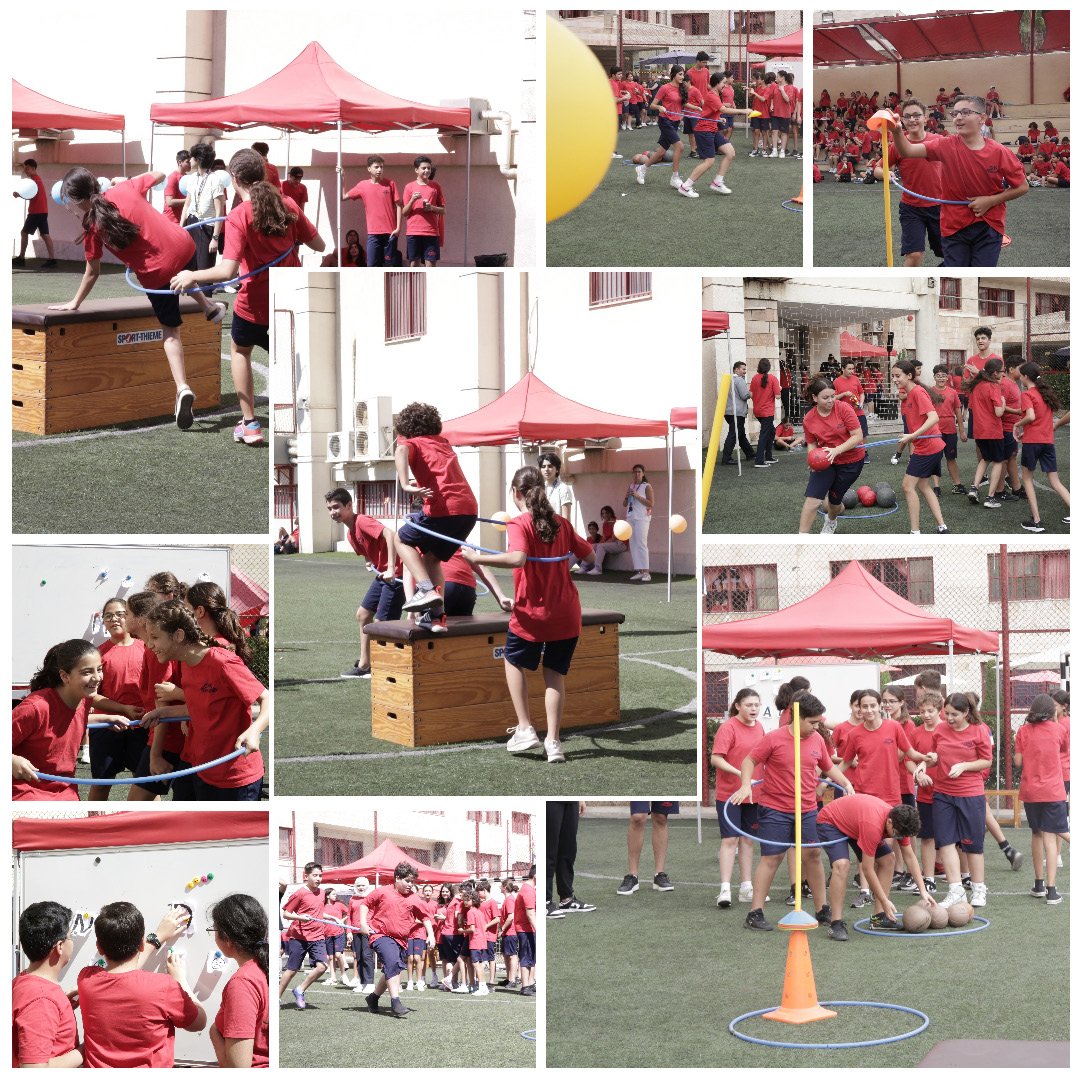Primary
Want to know more about Primary!
The Primary Department offers an enriching and inclusive educational setting where students are empowered to achieve academic excellence, foster vital life skills, and cultivate their roles as conscientious global citizens, all within the framework of the Cambridge Primary Programme. Implemented in more than 160 nations worldwide, this curriculum emphasizes involvement in global themes, encourages critical thinking, and ignites a love for learning among children.
Hands on activities
“Tell me and I will forget, show me and I may remember; involve me and I will understand.”
We believe that hands-on learning is very important for young children, as this is how they are programmed to learn.
Children observe, copy, and experiment with their hands and body as soon as they are born.
Our lessons are designed to engage students in order to improve their skill while they are having fun. We believe that a happy child is a successful one.
As children should enjoy their learning journey, develop a curiosity of learning and become independent life-long learners, we provide a positive, respectful and safe environment where students are at the center of learning and teaching process.
Hands on activities
Languages
Arabic:
Teaching Arabic as a first language at our primary school level is an opportunity to immerse students in their home language, thus, fostering a strong foundation in language proficiency, literacy, and cultural identity.
English:
Our Cambridge Primary English curriculum empowers learners in their application of English, and encourages life-long enthusiasm for reading, writing, listening and spoken communication. It develops communication skills in English that learners can apply in everyday situations and in study. It also equips them with transferrable language skills for interrogating and producing spoken and written texts, and working collaboratively. Together the reading, writing, speaking and listening skills acquired through Cambridge Primary English support learners’ overall intellectual, creative and social development.
French:
Teaching French as a third language at our primary school level offers students an opportunity to explore a new language and culture, broadening their linguistic horizons and preparing them for global citizenship.
Mathematics
Cambridge Primary Mathematics fosters a lifelong passion for analytical and rational thinking. Students cultivate a comprehensive grasp of the discipline, emphasizing fundamental principles, recurring patterns, intricate systems, functional aspects, and interconnected relationships. Through this approach, students attain proficiency and fluency in mathematical computation, empowering them to adeptly apply these skills in real-world contexts.
Science
Cambridge Primary Science supports learners in developing life-long curiosity about the natural world and enables them to seek scientific explanations to the phenomena around them. Learners will develop a holistic approach to science by considering scientific thinking and practical skills alongside knowledge and understanding which is vital for explaining the world around us. This approach provides learners with the knowledge and skills they require to access and excel at science in later phases of education and to make informed choices, including considering sustainability issues and meeting the challenges facing our environment.
Global Perspective
Reflection is an integral part of the assessment process in our KG department. Teachers encourage students to reflect on their learning experiences, identify areas of growth, and set goals for further improvement. This reflective practice fosters metacognition and empowers students to take ownership of their learning journey.
Art, Drama, Music
Art, drama, and music lessons at our primary school level provide outlets for children to express themselves creatively and imaginatively. Through painting, drawing, acting, singing, and playing musical instruments, children can explore their emotions, thoughts, and ideas in unique and meaningful ways.
Physical Education
Physical education is a vital part of a balanced school curriculum. Regular exercise improves both physical and mental health and there is growing evidence that it improves academic performance across the curriculum. Establishing good patterns of exercise in primary schools also provides learners with the foundation of an active and healthy lifestyle for life.
Information & Communication Technology
At our primary school level, students learn the use of digital technology to manage and process information, communicate, and access resources. Our ICT lessons are designed to enhance teaching and learning, facilitate access to educational resources, promote digital literacy, and prepare students for success in the digital age.
Assessment
The Cambridge Primary curriculum includes both formative and summative assessments to monitor student progress and inform teaching and learning. Formative assessments provide ongoing feedback to support student learning, while summative assessments measure achievement against learning objectives. Different assessment methods are used during our lessons such as peer assessment, self-assessment and observation.
Assemblies & Plays
Assemblies and plays in primary schools offer students valuable opportunities for self-expression, collaboration, and creativity. They enable students to express themselves authentically, develop communication skills, and work effectively in teams. Additionally, these experiences enrich students’ understanding of literature, culture, and history. Overall, assemblies and plays contribute significantly to students’ holistic development, fostering confidence, empathy, and academic enrichment.
Facilities
At our elementary school, we take pride in offering a variety of facilities to nurture our students’ overall growth and enhance their educational journeys. Here’s a glimpse into the amenities we provide:

